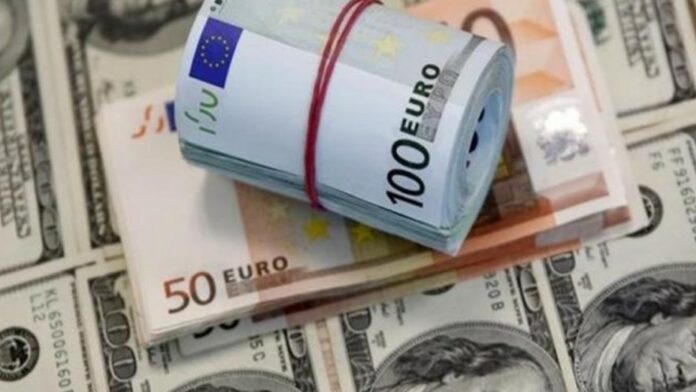Tunisia has many loans, obtained either from international banks or the International Monetary Fund, due to the government’s need in the past few months to mobilize 18.5 billion dinars to finance the state budget for the year 2021, in light of difficult economic and financial conditions that would lead the country to poverty and the inability to pay debt and thus bankruptcy.
A New $ 400 Million Loan
In mid-March, the World Bank agreed to pump a loan of 300 million dollars into the Tunisian state budget, according to the official correspondence sent by the Ministry of Economy and Investment Support under the supervision of the Presidency of the Government and in coordination with the Ministry of Social Affairs, and this loan will be allocated to support about one million families especially vulnerable groups affected by the Covid pandemic.
It was also approved to grant Tunisia a loan of $ 100 million to assist the Tunisian government in the national campaign for vaccination, and this loan will be allocated for the acquisition of vaccinations and support for the necessary storage and cooling system, noting that this loan comes according to a correspondence by the government to the World Bank since last October.
The Tunisian authorities are seeking to enter into a new negotiating path with the International Monetary Fund to obtain a financial loan of 6.4 billion Tunisian dinars (about 2.3 billion dollars), provided that their installments and the accompanying economic reforms program will be determined during the month of March, according to the International Arab newspaper.
A Bank Loan of $ 465 Million
The Ministry of Finance announced in its statement issued on February 10, 2021 that it had obtained a bank loan of 465 million dollars to support the budget, in which 14 local banking institutions participated, explaining that the loan is distributed in two currencies, 150 million dollars and 260 million euros, “within the framework of saving State budget resources approved under the Finance Law for the year 2021”.
The ministry stated that the loan repayment period will be over 5 years, in an annual or two equal installments per year, provided that the repayment begins after a grace period of 3 years.
$ 452 Million in one Week
Tunisia obtained 4 loans, totaling $ 452 million, from various international financial institutions in June 2020, to support its efforts to combat the Coronavirus, and these loans are distributed to the Arab Monetary Fund with a total value of $157 million, to meet the current challenges and support reforms in the financial and banking sector.
Two other loans from the Arab Monetary Fund, the first valued at $ 59 million, and the second amounted to $ 98 million.
Tunisia also obtained a loan of 80 million Euros (91 million dollars) from the French Development Agency, and another 180 million Euros (204 million dollars) loan from the African Development Bank, according to international news agencies.
Economists Warn
The economist, Ezzeddine Saidan, said in a statement to “JDD” on March 19, 2021, that Tunisia has entered a stage of what is called combative debt, explaining that the country has become unable to pay its debts naturally, which would add to the worsening economic situation.
For his part, the financial and economic expert, Dhafer Saidan, told JDD that Tunisia’s borrowing from local banks will contribute significantly to the decline in domestic investment, explaining that Tunisian companies are unable to borrow in light of the state’s provision of a high surplus for banks’ interest.
Dhafer Saidan added that there is a contradiction at the economic level, mainly represented by the increase in bank incomes and the decline in investment, which is the main engine of the economy, according to him.
Despite warnings from economists about the repercussions of borrowing from foreign and domestic banks, and Tunisia’s reaching the stage of inability to pay its debts with a high surplus, successive Tunisian governments are still pursuing a path of borrowing and indebtedness, which would put them on the brink of bankruptcy and poverty.








